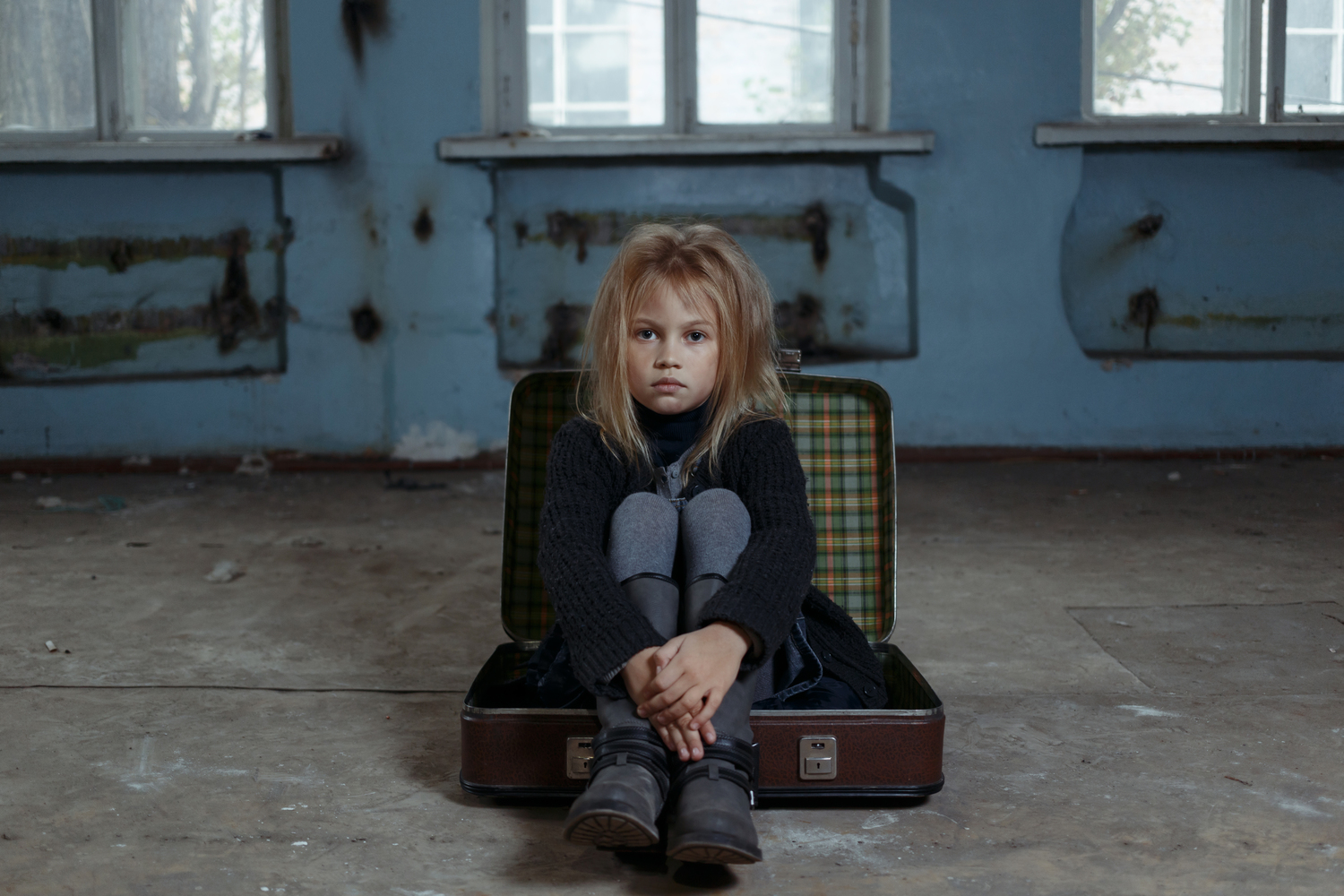
Childhood Depression – Signs and Treatment Options
Most people associate depression as a mental condition for adults, but lately, children and adolescents have also been developing symptoms of depression. It is a condition more severe than moody kids or normal sadness in kids. Like adults, even children have their “blue” days when they go through emotional fluctuations. It is a state that significantly interferes with a child’s functional abilities in daily life. Research says that nearly 2% of preschool and school-age children suffer from depression. While there are early warning signs of depression, regardless of age, the causes could range from environmental, psychological or biological factors.
It is important that parents, teachers, caregivers, and other adults learn more about the early warning signs of depression. Understanding and being able to detect the symptoms of depression in kids is important. Here are certain early warning signs of depression in children:
- Defiant attitude
- Change in appetite – either loss or increased appetite
- Irritable or angry most of the time
- Declining grades
- Physical complaints (stomach ache, headache)
- Reduced concentration levels
- Impaired thinking
- Fatigue and low on energy
- Feelings of worthlessness or guilt
- Withdrawal from social events
- Increased sensitivity to rejection
- Thoughts of death and suicide
- Vocal outbursts such as crying or arguing
- Hopelessness
- Sleep issues
- Self-loathing
- Lack of interest in routine activities
- Persistent boredom
- Overly pessimistic
- Developing more “clinginess” to only certain relationships
Different children may show different signs of depression across different settings. For example, if certain children are exposed to a family history of violence or sexual abuse, they are at greater risk for suicide.
Treating depression is a time-consuming process. It also involves trial and error since different children respond to the various treatment options differently. Whatever time it may take, it is important for parents and adults to keep them safe and to be patient throughout the treatment process.
- Education
Talking to your child and gaining their trust is important since it helps your child to identify and understand the possible causes of changed behavior. These causes could be genetic, environmental factors, bullying or stress. Such conversations reduce self-blame. - Psychotherapy
Counseling is an effective treatment option for children struggling with depression. There are different types of counseling depending upon the age of the child. It can take time but a professional therapist can help children to deal with depression better. - Medication
In case of moderate to serious cases, medication may be required combined with counseling. - Hospitalization
For severe cases of depression, including suicidal thoughts, hospitalization may be necessary.
Children may resist talking about their mental issues openly unless they trust elders around. There are no pre-conditions on the kind of children that can develop depression. Many believe that children under stress can show signs of depression. Contrary to common belief, children who live a stress-free life or children who are raised in loving homes can also develop depression.



